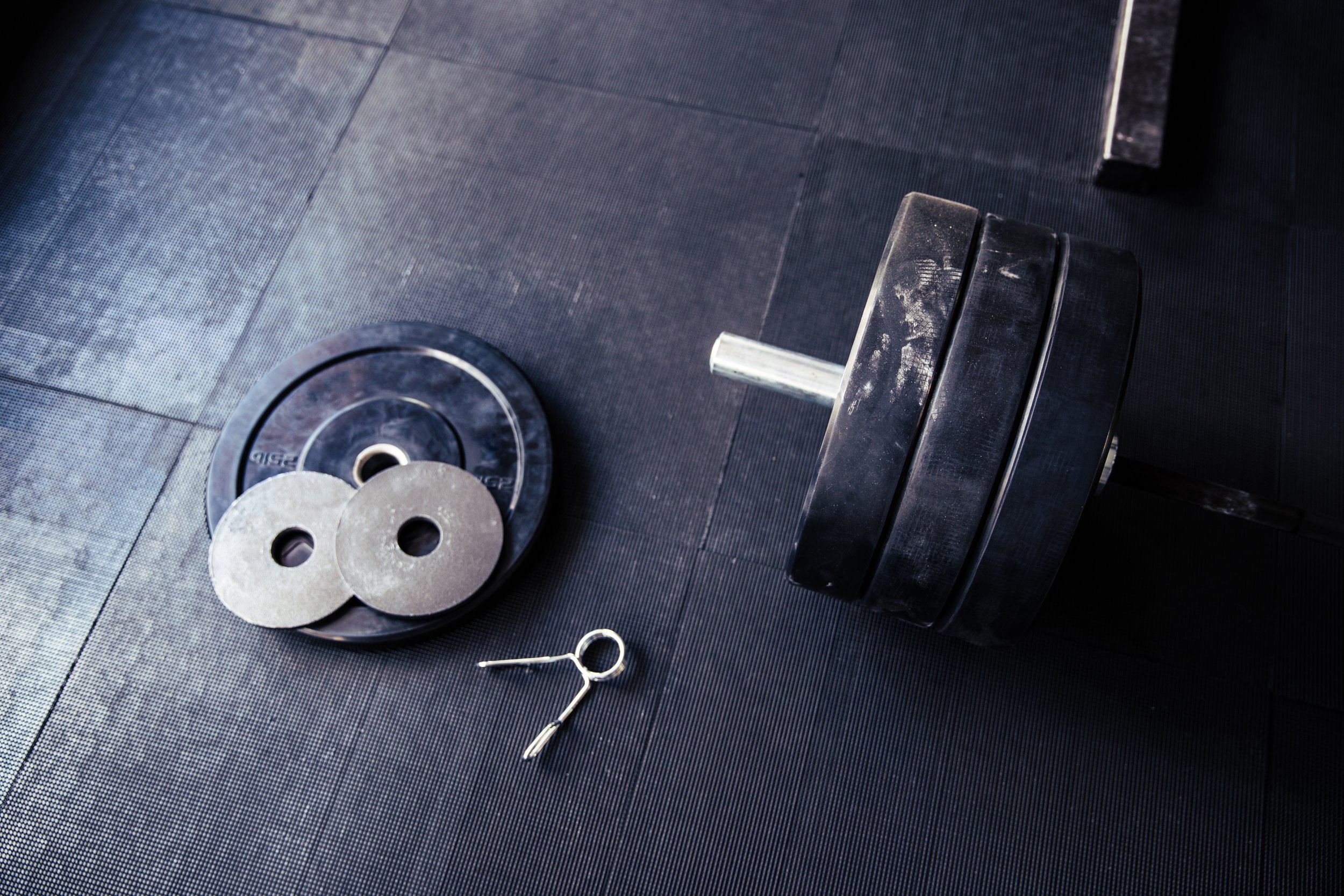Fitness Is Boring
Takeaway Points:
Contrary to expectations, a good fitness approach is actually pretty boring.
It’s not about pushing hard and being intense - it’s about finding a slow, sustainable approach that you can stick to for many years consistently.
Over time, small incremental changes add up to bigger results.
I think there’s a big disconnect between how most people think and talk about fitness, and what it actually requires to get in good shape.
Specifically, fitness is boring.
I don’t mean that you should be bored, doing it. You shouldn’t hate your workouts, or struggle to get them done. You should feel a bit of a rush when you complete a workout, or when you push for another rep or two on an exercise, or when you can lift a weight that you couldn’t before. You need to push decently hard to feel results, and you need to push hard enough to feel it. None of this should be “boring”, and if it is, then you’re doing something wrong.
A lot of people are out there, every day, doing workouts they hate, because they think that they have to. If that’s the case, then chances are you need to do something different - pick up a new sport, try a new workout routine, etc. - because it won’t be sustainable.
But when I mean fitness is boring, I’m talking about something else - I’m talking about the fact that, at the end of the day, working out is like grinding in a role playing game.
Tiny incremental progress
In role playing games, the focus is on building and developing a character over time. You typically do this by participating in combat or training, and getting experience points for doing so. Over time when you hit certain milestones of experience, you level up, and now you’re stronger or better at doing whatever it was that you were training. Now you can fight stronger monsters, craft new items, cast stronger spells, and so on.
Often, we call the act of practicing in these games “grinding”, because typically the way that you gain experience is by repetitively doing things over and over, and this gets boring when you have to do it a lot. Many modern role playing games work around this by finding ways to make it less productive to grind on its own, and give you experience rewards in exchange for participating in more varied activities so that you’re not doing the same thing over and over. But at the end of the day, grinding is still a foundational element of many role playing games, and some games are grindier than others. Some people learn to enjoy the simplicity of the grind, while other people hate it - different types of game players prefer one or the other.
Slowly over time, your character gains experience and gets better. Over time, you need more and more experience to keep leveling, and your skills improve. It’s an imperfect, but reasonable approximation for how you gain skills in the real world - via long, consistent practice.
Fitness is a video game
And it’s the same for fitness.
When you follow a good training program, effectively what you’re doing is grinding. You’re practicing the related skills of lifting, cardiovascular exercise, and managing your diet, sleep, and recovery to achieve the results that you want.
Each time you go into the gym, you’re doing repetitive movements that you’ve done maybe hundreds or thousands of times before, but you’re adding a little bit of challenge - an extra rep here, 5lbs of extra weight there, and so on. Very slowly, over a long period of time, you get bigger and stronger. The bigger and stronger you get, the more training (experience) you need in order to keep getting bigger and stronger. Eventually, you max out.
So for most, the reality is that learning to enjoy fitness, is about embracing the inherent boredom of the grind. It’s not about finding flashy new exercises or exercise programs, or constantly trying out fancy new equipment. It’s about identifying a series of key movement patterns that work, practicing them repeatedly for a long time, and slowly getting bigger and stronger.
The fitness industry
Unfortunately, the fitness industry creates a very skewed version of fitness.
We get the impression that it’s all about big muscles, showing off at the gym, getting super hyped up, smashing PR’s every week, being super shredded, getting tons of attention from the opposite sex, and so on.
I’m someone who learned to enjoy long-term thinking as a result of fitness. Getting into fitness was the first time in my life that I had a real structure to my existence, and this grew into a love of self-improvement as a whole. This developed into a true love of lifting - I just enjoy doing it, and this is one of the things that’s set me apart, I’d say, from a lot of the other people that I know who struggled to see results.
Part of the reason that I hate sharing videos and photos is a result of this - because why is it supposed to be interesting?
I keep working out day after day, week after week, year after year, and the only thing that really changes is that the numbers slowly go up over time. My numbers aren’t world records, so they’re not terribly interesting to most people, even if they’re very exciting to me.
As a result, I struggle to relate to a lot of the content I see out there, which is more about existing as a part of a kind of “culture” around fitness. It’s about getting hyped up and showing off how strong you are, or how jacked you are. It’s about finding silly feats of strength to show off with, or bragging about your impressive diet. It’s about pushing it HARD and being HARDCORE and this approach turns a lot of people off.
Fitness is for everyone
The funny thing is, I think a lot more people can relate to fitness as a slow grind than a hardcore, short sprint. Most of the clients I work with functionally think the same, and I think it’s why I’ve been able to often connect to clients who are put off by the standard approach of the fitness industry. It’s not about pushing it hard - it’s about finding a slow, sustainable approach that works for you.
Many people are put off by the high-energy, HARDCORE type of approach most often seen in the industry - hopefully, we can find a path forward that emphasizes that at the end of the day, good fitness is actually pretty boring.
About Adam Fisher
Adam is an experienced fitness coach and blogger who's been blogging and coaching since 2012, and lifting since 2006. He's written for numerous major health publications, including Personal Trainer Development Center, T-Nation, Bodybuilding.com, Fitocracy, and Juggernaut Training Systems.
During that time he has coached thousands of individuals of all levels of fitness, including competitive powerlifters and older exercisers regaining the strength to walk up a flight of stairs. His own training revolves around bodybuilding and powerlifting, in which he’s competed.
Adam writes about fitness, health, science, philosophy, personal finance, self-improvement, productivity, the good life, and everything else that interests him. When he's not writing or lifting, he's usually hanging out with his cats or feeding his video game addiction.
Follow Adam on Facebook or Twitter, or subscribe to our mailing list, if you liked this post and want to say hello!
Enjoy this post? Share the gains!
Ready to be your best self? Check out the Better book series, or download the sample chapters by signing up for our mailing list. Signing up for the mailing list also gets you two free exercise programs: GAINS, a well-rounded program for beginners, and Deadlift Every Day, an elite program for maximizing your strength with high frequency deadlifting.
Interested in coaching to maximize your results? Inquire here.
Some of the links in this post may be affiliate links. For more info, check out my affiliate disclosure.







